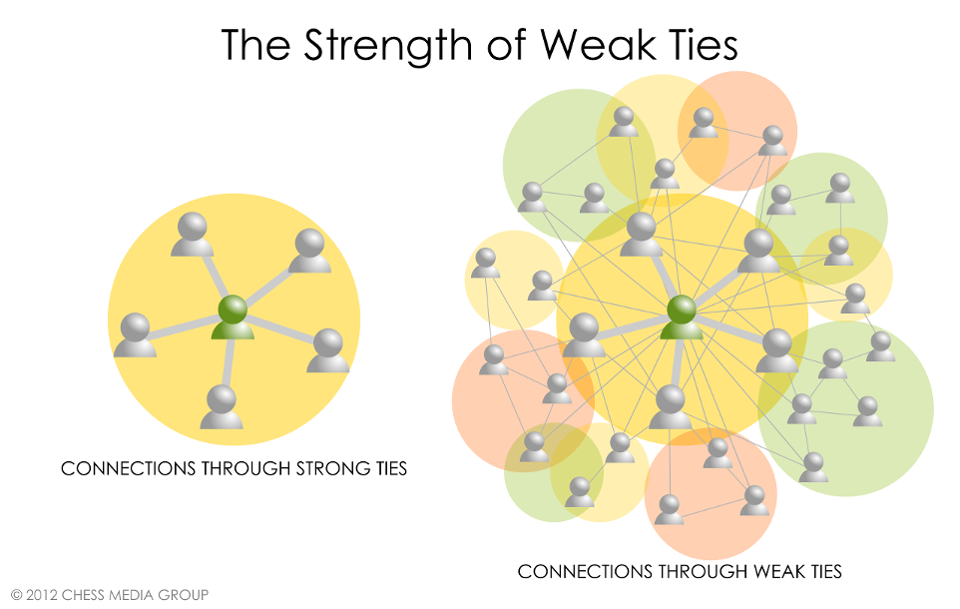Sharing, curation, and use of data for a continuously learning health system hold great potential in wide and far reaching areas such as clinical care, patient engagement, informed clinical choice, quality improvement, drug and device safety, effectiveness assessments, and scientific discovery. But to achieve this, an unprecedented level of collaboration among and communication between all stakeholders in the health system is required.
This paper calls for three key considerations:
- Foster a culture of data sharing
- Create the operational functionality for data sharing
- Build the continuous data-sharing improvement capacity
This panel brings together experts to discuss how to achieve secure data sharing. Where are we right now? What are the big hurdles to data sharing? What are workable solutions? Do we agree with the three considerations laid out in this paper? Why or why not? What do we think the solutions will look like? Where should we focus our efforts?


Pending
Pursue economical, secure, resilient and nimble information technologies that support knowledge-sharing across diverse groups of collaborators; enable evidence-based clinical decision models to be built, evaluated, and continually evolved through knowledge feedback loops between clinicians, researchers, Informaticists and patients; and select data sets, algorithms, presentation outputs, transport protocols, and data stores that met the requirements of particular use cases. Abandon the notion of a silver bullet; there is no single right way to share and learn.
Connect
Open dialogue like this is invaluable in creating a culture that recognizes that data sharing and analysis in a responsible, evidence-based manner that applies rigor and excellence will advance science and medicine. I’ve shared some information about our experience with the YODA project in which clinical trial data are shared. Another excellent example of scientific collaboration is OHDSI, the Observational Health Data Sciences and Informatics program, which is an international network of researchers and observational health databases coordinated through Columbia University. I think efforts in both of these areas – clinical trial and observational data – will lead to new insights and better care of patients and I really appreciated all of the insights from this discussion.